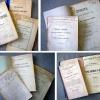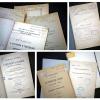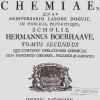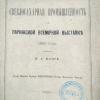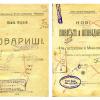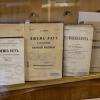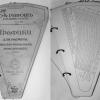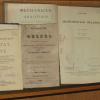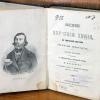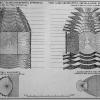Collection of documents belonging to Professor Ivan Zhukov
Work continues on the personal collections of professors at Kyiv Polytechnic Institute. One of the most significant collections in terms of quantity belongs to Professor I.D. Zhukov. Most of the publications found contain dedications from the authors. Perhaps this is not a personal library in the full sense of the word, but the collection accurately illustrates the scientist's scientific and social connections.

